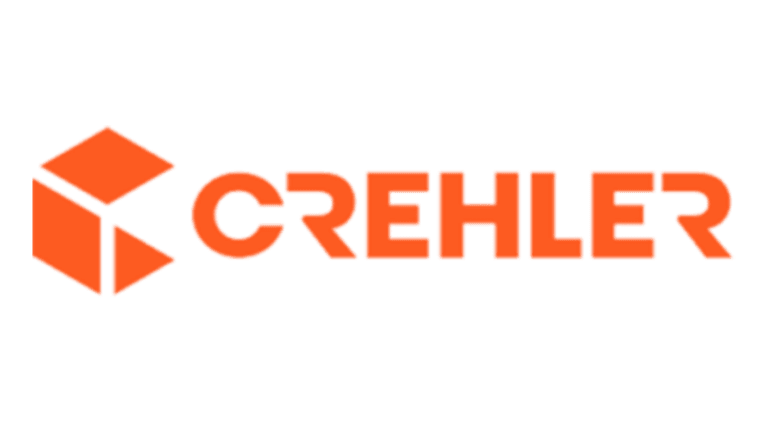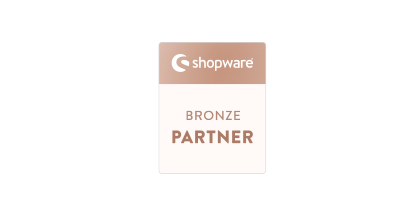Shopware is an e-commerce platform that combines modular architecture, high scalability, and advanced integrations. While it is not the only option on the market, in specific business and technical scenarios, Shopware clearly outperforms the competition.
This is true, especially if you want to build your own e-commerce environment that fits your processes, customers, and the technologies you already work with. In this article, we present five such cases that show when Shopware shines.
You need full flexibility and deep customization
Not every platform is developer-friendly. Many limit modification options under the hood, forcing you to use predefined templates or limited plugin ecosystems. Shopware is the opposite of this. It was created for those who want to create custom storefronts, not just tailor existing ones.
Why Shopware is more flexible and customizable?
- Modular architecture: Shopware is based on Symfony and uses a plugin-first approach. That means you can extend or override almost any logic without touching the core.
- Flexible APIs: Shopware API integration is smooth and well-documented – whether you’re connecting a custom CMS, a third-party checkout, or your own middleware layer.
- Best e-commerce platform for custom storefronts: If you’re building something more than a digital catalog, Shopware gives you the space to experiment and differentiate.
Dynamic product groupings, layered promotions or custom landing pages – Shopware lets you do it natively or via custom logic.
You’re planning for rapid scaling or international expansion
If your current stack starts to choke every time you launch a new product line or promotional campaign, it’s time to think about scalability. Shopware is designed for efficiency and expansion – both for traffic and market reach.
Shopware offers a set of tools that support both infrastructure and operational scaling. The platform natively supports multiple stores, languages and currencies. You don’t have to use workarounds or third-party add-ons to run custom localizations for specific markets.
Shopware’s cloud version offers features for managing workloads and scaling the environment according to business needs. The frontend and backend can run independently thanks to a headless approach and support for Shopware PWA. This results in greater flexibility and speed. It is crucial for brands that run intensive marketing campaigns or release a large amount of content.
You need robust B2B capabilities alongside B2C
Driving sales to both individual and business customers requires more from the platform than simple product management. In this area, Shopware B2B features give you a distinct advantage. The system enables you to build separate shopping experiences within a single store while offering a common core of data and consistent management.
What else does Shopware offer business users?
- Personalized price lists and shopping terms.
- Dedicated product catalogs visible only to selected groups.
- Corporate account management with roles, limits and order approval features.
- B2B-specific promotions.
All of this is available natively without requiring expensive development or installing dozens of plug-ins. Also, the B2B features work in parallel with a modern B2C frontend – consumers get a full mobile shopping experience, and businesses can wholesale on their own terms.
So, if your business is balancing retail channels and B2B relationships, Shopware provides an environment that grows with you without the need to maintain two separate technologies.
Your team wants API-first integrations and process automation
In environments where e-commerce is just one part of a larger digital ecosystem, integration with external systems is a must. That’s why Shopware is based on an API-first architecture, which means it was designed to connect with ERP, CRM, marketing tools or fulfilment systems.
Each key element – from product management to customer experience – can be supported by APIs. This solution reduces the time to implement custom solutions and lets you build logical flows between systems without piecing them together manually.
What does Shopware API integration let you do?
- Automatic stock synchronization.
- Dynamic price management.
- Launching algorithm-driven product recommendations outside the e-commerce system.
Meanwhile, process automation with Shopware isn’t limited to one type of integration. You can build microservices, use webhooks, manage real-time events or implement custom solutions based on event-driven architecture. This makes Shopware one of the most flexible platforms for teams that value technological independence and full control over sales logic.
You’re building a mobile-first or PWA-based shopping experience
If your e-commerce strategy involves mobile-first or you want to build a lightweight, app-based shopping experience, Shopware headless PWA gives you the basics to work with. The platform is designed for a flexible front-end that you can adapt to different devices, channels and technologies.
What can Shopware headless PWA give you?
- Lightning-fast page loading and native responsiveness.
- The ability to work offline and save the PWA on the device’s home screen.
- Full control over UI/UX, without the limits typical for off-the-shelf templates.
- Easy integration with frameworks such as Vue.js and React.
With the headless approach, you can develop the visual and backend layers independently. It speeds and simplifies the implementation of technological innovations. This solution works especially well in environments where:
- the frontend team works with a modern technology stack,
- fast campaigns and frequent interface changes are a priority,
- mobile users represent a dominant share of traffic.
To sum up
Shopware is not a one-size-fits-all platform. However, in the right context, it gives the development team the space to create, not just configure. If you need a customizable storefront, want to scale quickly, or run both B2C and B2B operations from a single backend – Shopware’s building blocks let you do it the clean way.
GET IN TOUCH
Need help figuring out if Shopware is right for your stack?
At SpearDevs, we specialize in building custom e-commerce platforms tailored to your business – from audits and integrations to full-scale Shopware development.
Shopware FAQs
Is Shopware good for headless commerce?
Yes. Shopware architecture supports headless commerce natively through its PWA solution and API-first design.
How does Shopware compare to Magento in terms of flexibility?
Shopware is often considered more developer-friendly and faster to customize. It’s possible thanks to its Symfony-based structure and modular design.
Can I use Shopware in a microservices environment?
Absolutely. Its API-first and decoupled architecture fits well into microservices-based ecosystems.























